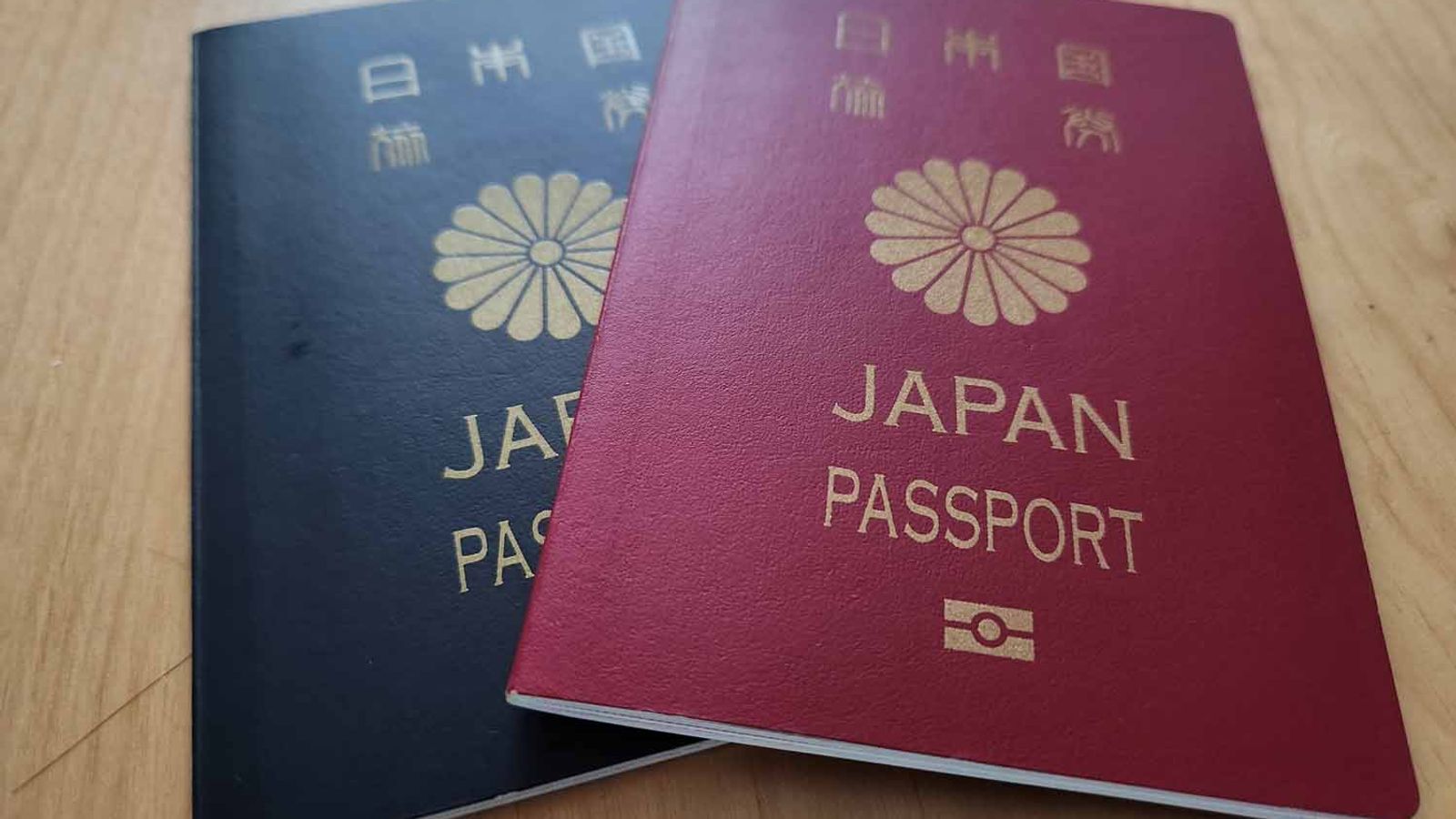

Table of contents:
Do you need a visa to go to Japan? That depends how long you wish to stay. Navigating the Japan visa requirements is crucial for anyone looking to either visit or start living in Japan, whether for travel, study, or work purposes. Japan offers a broad spectrum of visa options catering to different needs, from the Japan tourist visa requirements to the specialized Japan digital nomad visa, ensuring individuals can find the right fit for their relocation plans. This is particularly important for those considering moving to Japan, interested in the Japan standard of living, or curious about living in Japan as a foreigner.
Preparing for your journey involves more than just packing; it's about meeting the Japan entry requirements, including obtaining a Certificate of Eligibility for long-term stays and navigating the Japan evisa processes. This guide provides a comprehensive overview, simplifying the seemingly daunting steps on how to get a visa for Japan, making your relocation process as smooth as possible.
Also, if you are planning to move to Japan, I recommend that you check out our article on the Japan Residence Card. The card represents your visa and all non-Japanese residents are required to carry it at all times by law.
Do You Need a Visa to Go to Japan as a Tourist?
Japan travel visa tourist exemptions have been granted for 71 countries/regions, which allow an individual to stay up to 90 days for purposes including tourism, business, visiting friends or relatives. This includes travel to Japan from countries such as U.S.A., Australia, United Kingdom, Canada, Brazil, Cambodia, South Africa, Saudi Arabia, Singapore, Taiwan, etc. All foreign nationals from these countries can obtain a short-term visa eligible to apply online for a Japan e visa.
If you want to see which countries are listed amongst those that can stay in Japan for up to 90-days without a visa, go to the official Ministry of Foreign Affairs of Japan website to see the list.
Japanese Tourist Visa
Entry Requirements and Visa Exemptions
- Eligibility for Visa-Free Entry: As mentioned, U.S. citizens, among others from certain countries, can enter Japan without a tourist visa for stays up to 90 days. This visa exemption is contingent upon the traveler having a valid passport throughout their stay and an onward or return ticket.
- Conditions of Visa-Free Stay: During the 90-day visa-free period, travelers are not permitted to engage in paid work or change their visa status. It is crucial to adhere to the stipulations of the visa-free entry to avoid legal complications.
- Entry Procedure: All travelers, including those on a visa-free entry, must undergo biometric registration. This means that you must allow for fingerprint scans and a photograph when you enter Japan via the airport. Additionally, passports declared lost or stolen cannot be used for travel, even if they are later found.

Applying for a Tourist Japan Visa
- Application Requirements: For those requiring a Japan visa, the application process involves submitting a completed visa application form, a recent passport-size photograph, and proof of financial means, such as bank statements or a letter of sponsorship.
- Documentation: Applicants must also provide a detailed itinerary, proof of employment or student status, and, for certain nationalities, additional documents like a certificate of employment or tax returns may be required.
- Insurance and Itinerary: It is advisable to have travel insurance for the duration of the stay. A clear travel plan including hotel bookings and round-trip flight details should be presented as part of the application.
Visa Types and Validity
- Single and Multiple Entry Visas: Tourist visas can be single-entry, generally valid for 3 months and allowing a stay of up to 90 days. There are also double-entry visas for two short trips within 6 months, and multiple-entry visas, which can be valid for 1 to 5 years, allowing multiple short stays.
- Visa Fees: The cost of the visa varies depending on the type and the applicant's nationality. It is recommended to check the latest fee information with the nearest Japanese embassy or consulate.
All foreign nationals are required to adhere to these guidelines to ensure a smooth entry and stay in Japan, whether under a visa exemption or through a tourist visa.
Student and Exchange Visas
Application Process for Student Visas
- Initial Documentation: To kick-start the visa application process, international students must obtain an Acceptance Letter from their Japanese educational institution and a Certificate of Eligibility (COE)The Acceptance Letter confirms a student's admission, while the COE speeds up the visa inspection process.
- Submission of Documents: Students should submit these documents, along with a valid passport, to their local Japanese Embassy or Consulate. This step is crucial for the visa application process.
- Registration Upon Arrival: After obtaining the visa and arriving in Japan, students are required to register at their local town or city office within 14 days to comply with Japanese regulations, marking their first step towards living in Japan.

Working Part-Time on a Student Visa
- Employment Regulations: Students on a Student Visa can work part-time up to 28 hours per week. However, they must first obtain a Work Permit. This restriction ensures that students' primary focus remains on their studies while allowing them to earn supplementary income.
- Application for Work Permit: The application for a Work Permit should be made shortly after arriving in Japan. This is an essential step for those intending to support their studies through part-time employment.
Key Deadlines and Procedures
- Application Deadlines: The deadlines for submitting visa applications vary depending on the intended start date of studies. For instance, applications for an April start should ideally be submitted by the previous October. This allows adequate time for processing and any necessary corrections.
- Visa Issuance and Arrival: Post-approval, the student needs to collect the visa, ensure all documents are in order, and prepare for their move. Upon arrival in Japan, students receive a residence card at the airport, which is crucial for their official identification during their stay.
This structured approach to obtaining a student visa for Japan ensures that students are well-prepared and legally compliant for their educational journey in Japan.
Japan Work Visas
If you are thinking about moving to Japan on a more permanent basis, you will have to consider visa options that provide longer stay periods and financial freedom.
Types of Work Visas and Eligibility Criteria
- Engineer/Specialist in Humanities/International Services Visa: This visa requires a university degree or equivalent from institutions comparable to Japanese universities, including junior colleges or vocational schools. For individuals lacking a degree but with ten years of experience as a software developer, this visa remains accessible. Additionally, passing specific IT exams like the PhilNITS can substitute for the usual educational or experience requirements.
- Highly-Skilled Foreign Professional Visa (HSFP): Aimed at those without a related university degree but with significant professional credentials, this visa necessitates accumulating 70 points across criteria such as academic background, professional experience, and Japanese language skills.
- Working Holiday and J-Find Visas: These are suitable for early-career professionals in fields like IT, AI, and robotics. The Working Holiday visa offers a more flexible option for younger individuals or those at the start of their careers.

Application Process and Visa Duration
- Initial Steps: Obtaining a work visa starts with securing a job offer and a Certificate of Eligibility (CoE) from the employer, which is pivotal in the application process. It is recommended to initiate this process at least two months prior to the planned relocation.
- Visa Validity: Depending on the specific visa type, the allowed stay ranges from four months up to five years, catering to various professional and personal plans.
Specialized Visas and Requirements
- Business Manager Visa: For entrepreneurs interested in starting a business in Japan, this visa requires substantial resources but offers an avenue for company owners to live and manage their operations within the country.
- Documentation and Sponsorship: Essential documents for a Japan Work Visa include a CoE, passport, passport-size pictures, and detailed professional and academic history. Employers play a crucial role by sponsoring the CoE application, which is submitted to the local immigration office. For those seeking a seamless process, employing an Employer of Record (EOR) can manage the administrative tasks associated with visa sponsorship.
These visa options and processes underscore Japan's structured approach to integrating skilled foreign professionals into its workforce, ensuring each applicant's skills and background align with the country's economic and cultural framework.
Japan Specialist Visas
Japan's Highly Skilled Professional (HSP) Visa is designed for top-tier foreign professionals, offering a pathway to engage in high-level occupations within the country, thereby enhancing their experience of living in Japan. This visa is segmented into three categories: Advanced Academic Research Activities, Advanced Specialized/Technical Activities, and Advanced Business Management Activities.
Eligibility and Benefits
- Eligibility Criteria: To qualify for the HSP visa, applicants must score a minimum of 70 points on a system that evaluates academic achievements, professional experience, annual salary, and age. Particularly for engineers focusing on Advanced Specialized/Technical Activities, securing a job offer from a Japanese company with an annual salary of at least 3 million yen is essential, reflecting the cost of living in Japan and typical salaries in Japan..
- Comprehensive BenefitsThe visa offers numerous advantages, such as an extended stay, a fast track to permanent residency, and the ability to bring family members and domestic helpers, enhancing the experience of living in Japan.It also facilitates work authorization for spouses and supports local integration with services related to education and childcare, making living in Japan more accessible for families.
Application Process
The application for an HSP visa involves several steps, starting with eligibility verification and gathering necessary documents.Applicants must obtain a Certificate of Eligibility (CoE) through a sponsor in Japan, prepare a detailed application including a resume, proof of skills, and financial statements, and submit these to a Japanese Embassy or Consulate. Upon approval, registration at the local municipality in Japan is required, potentially leading towards permanent residency and further solidifying one's new life living in Japan.
Japan's Digital Nomad Visa
Effective from April, 2024, the digital nomad visa for Japan is an innovative program that enables individuals to work remotely while residing in Japan. This visa is tailored for freelancers, entrepreneurs, and remote workers who do not necessarily need a traditional job offer to relocate to Japan. It offers the chance for individuals to immerse themselves in Japan's unique culture and lifestyle while continuing their professional endeavors.

Eligibility for the Visa
Applicants are eligible if they meet the following criteria:
- Independently earn an annual salary of 10 million JPY (approximately USD 66,850 / GBP 52,570 / EUR 61,550)
- Are citizens of a country with a signed tax treaty with Japan to avoid double taxation
- Are citizens of a country exempt from short-term visas for visiting Japan
- Have obtained private health insurance while living in Japan (this includes spouses and children)
A PDF listing the eligible countries for nomads and spouses/children can be found here (in Japanese).
Limitations of the Visa
There are certain limitations to this visa, including:
- Prohibition from working for a Japanese employer
- Inability to extend the visa. Reapplication can only be done after waiting for 6 months from leaving Japan
- Lack of entitlement to a Residence Card, which is used by non-Japanese as an official ID in daily life, thereby impacting activities such as opening a bank account, signing up for a standard 2-2-year mobile phone contract, or accessing certain government benefits
- Inability to rent long-term accommodation
Taxation
You won’t be subject to Japanese income tax while staying in Japan under this visa (this is the reason the tax treaty requirement is in place).
Conclusion
The importance of understanding the various visa options for living in Japan cannot be understated. Whether seeking cultural enrichment, academic rigor, professional development, or the specialized engagement offered by the Highly Skilled Professional Visa, this guide serves as a foundational resource to aid in a seamless transition into Japanese society. As we conclude, let this article serve as both a roadmap and a reminder of the opportunities and considerations when planning to live in Japan.
FAQs
1. What are the requirements for an American to successfully relocate to Japan?
Relocating to Japan is manageable for Americans as long as they are well-prepared, which includes having all necessary documents ready. This preparation is crucial whether you're figuring out how to move to Japan permanently, how to live in Japan as a foreigner, or specifically how to live in Japan as an American. Understanding the steps can make the process of moving to Japan from the US less daunting, addressing common queries like 'can Americans live in Japan', 'is moving to Japan a good idea', and 'how to immigrate to Japan' among others.
2. How much financial reserve is recommended for relocating to Japan?
It is advisable to have at least 500,000 JPY to cover the initial month's expenses in Japan, which includes affordable housing but excludes travel costs. For a more comfortable setup, having a budget of around 700,000 to 800,000 JPY is recommended. This gives a realistic glimpse into the cost of living in Japan, addressing common queries like 'is living in japan expensive' and 'how much does it cost to live in japan', without compromising the living costs.
3. Does Japan offer financial incentives for foreigners to move there?
The provided information does not specify whether Japan currently offers financial incentives for foreigners to relocate there.
4. Is it possible to move to Japan without securing a job first?
While you can enter Japan without a job, obtaining one is necessary for those intending to stay long-term. It's crucial to comply with the country's immigration laws and not attempt to circumvent them. This insight is valuable for anyone considering living in Japan, weighing if it's worth living in Japan or should they move to Japan.
References
[1] - https://visaguide.world/moving-to/japan/
[2] - https://wise.com/us/blog/moving-to-japan-guide
[3] - https://preply.com/en/blog/how-to-move-to-japan/
[4] - https://www.deel.com/blog/moving-to-japan-for-expats
[5] - https://travel.state.gov/content/travel/en/international-travel/International-Travel-Country-Information-Pages/Japan.html
[6] - https://www.us.emb-japan.go.jp/itpr_en/visa-short-term-visit.html
[7] - https://www.jrailpass.com/blog/japan-visa
[8] - https://www.tufs.ac.jp/english/admission/non-degree/exchange/immigration.html
[9] - https://visaguide.world/asia/japan-visa/student/
Leave a Comment 🗩
Popular Articles

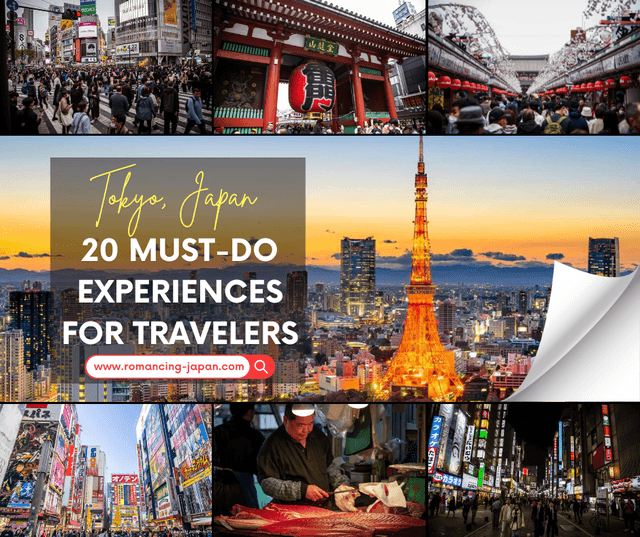
Tokyo Favorites: 20 Must-Do Experiences for Travelers
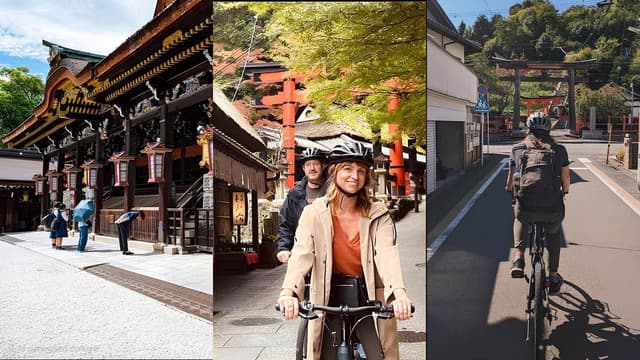
Kyoto Bike Tours: Discover the City’s Hidden Gems with Noru
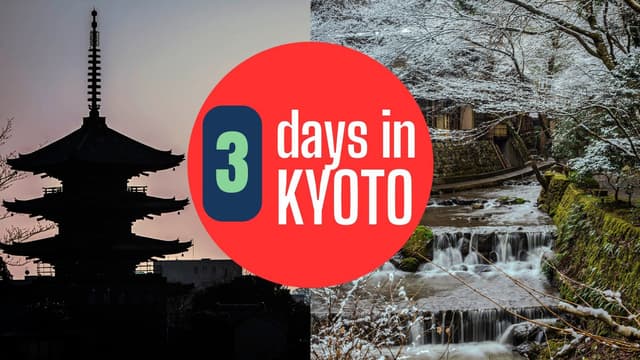
Kyoto 3-Day Itinerary: Best Things to Do for First-Time Visitors

Universal Studios Japan Tickets: Your Guide to Visiting USJ

Find Out What Japan Really Thinks of Foreign Tourists

Manga Explained: Top Recommendations for Beginners
FAQs
No FAQs available for this post.
Loading Comments...

James Saunders-Wyndham
I've been immersed in Japanese culture and daily life for over 30 years and am proud to call Japan my home. Originally from Australia, my journey has taken me from teaching at Japanese universities to traveling extensively across the country, uncovering its hidden gems. As a web developer, I built Romancing Japan from the ground up to share these experiences with you. Whether it's the charm of old Kyoto, the pulse of Tokyo, or the tranquility of the countryside, I love helping others discover the magic of Japan—one story at a time.
Popular Articles
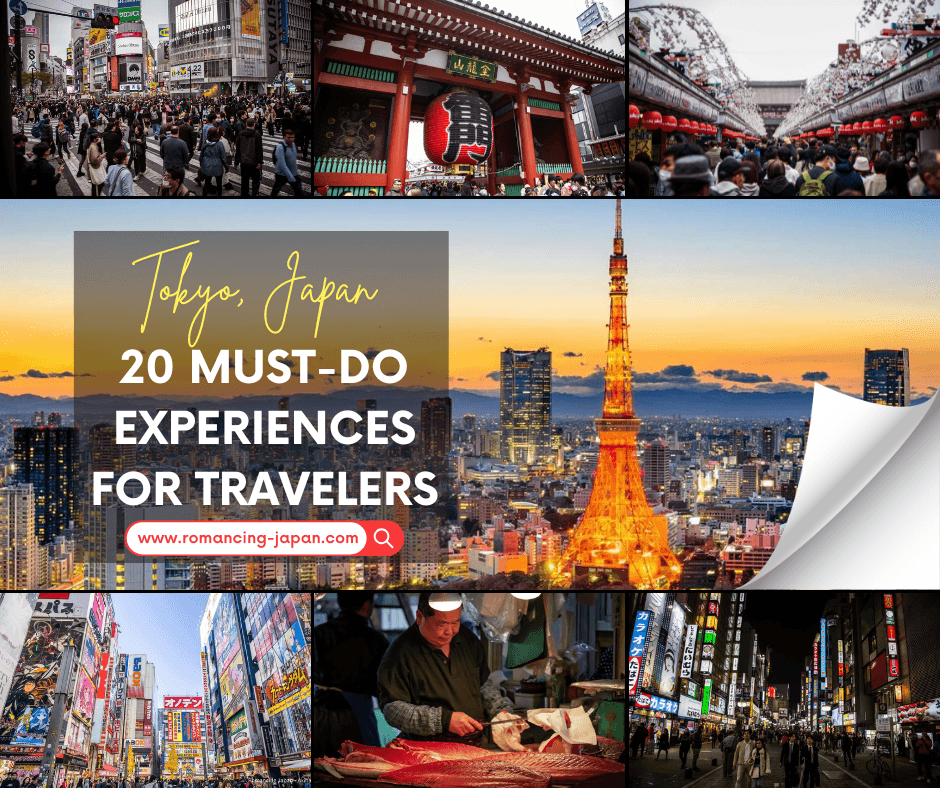
Tokyo Favorites: 20 Must-Do Experiences for Travelers
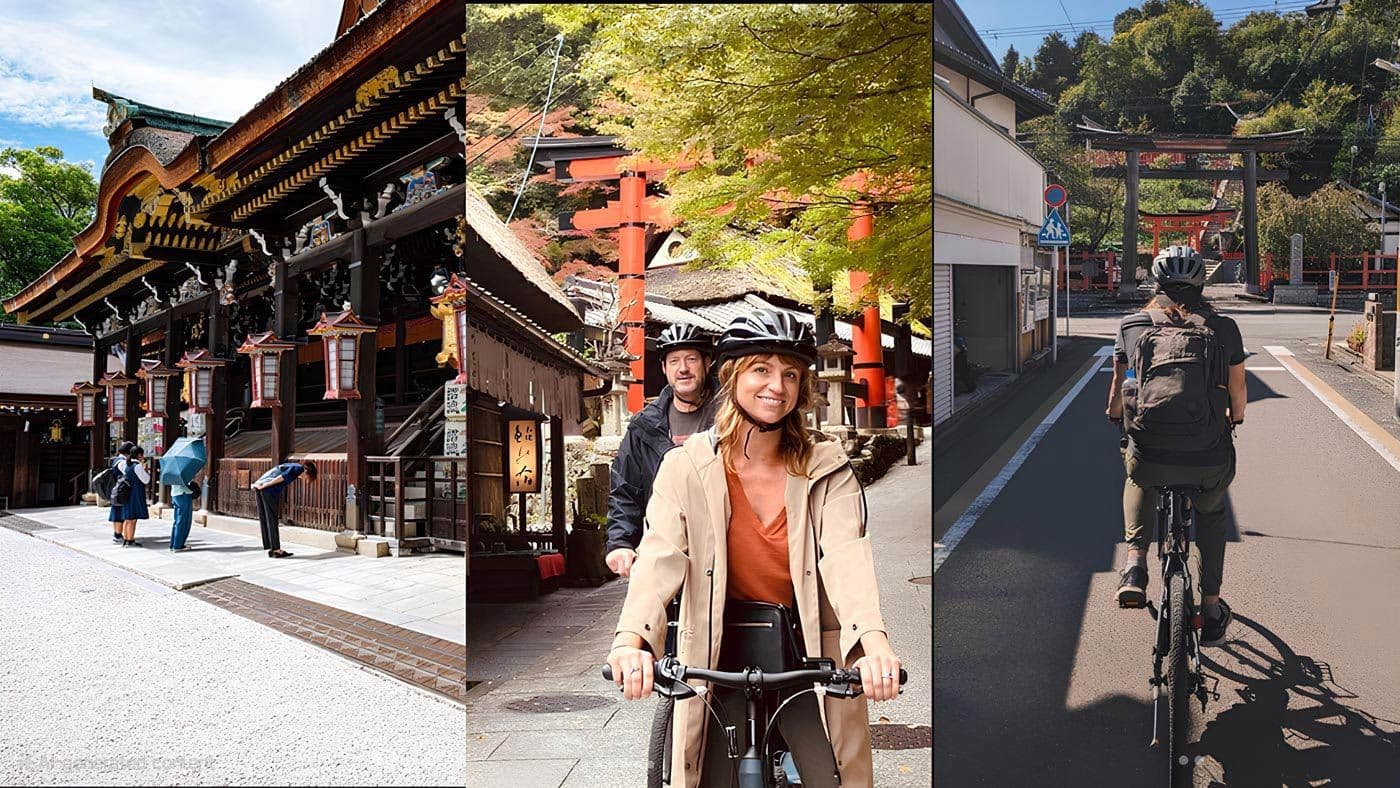
Kyoto Bike Tours: Discover the City’s Hidden Gems with Noru
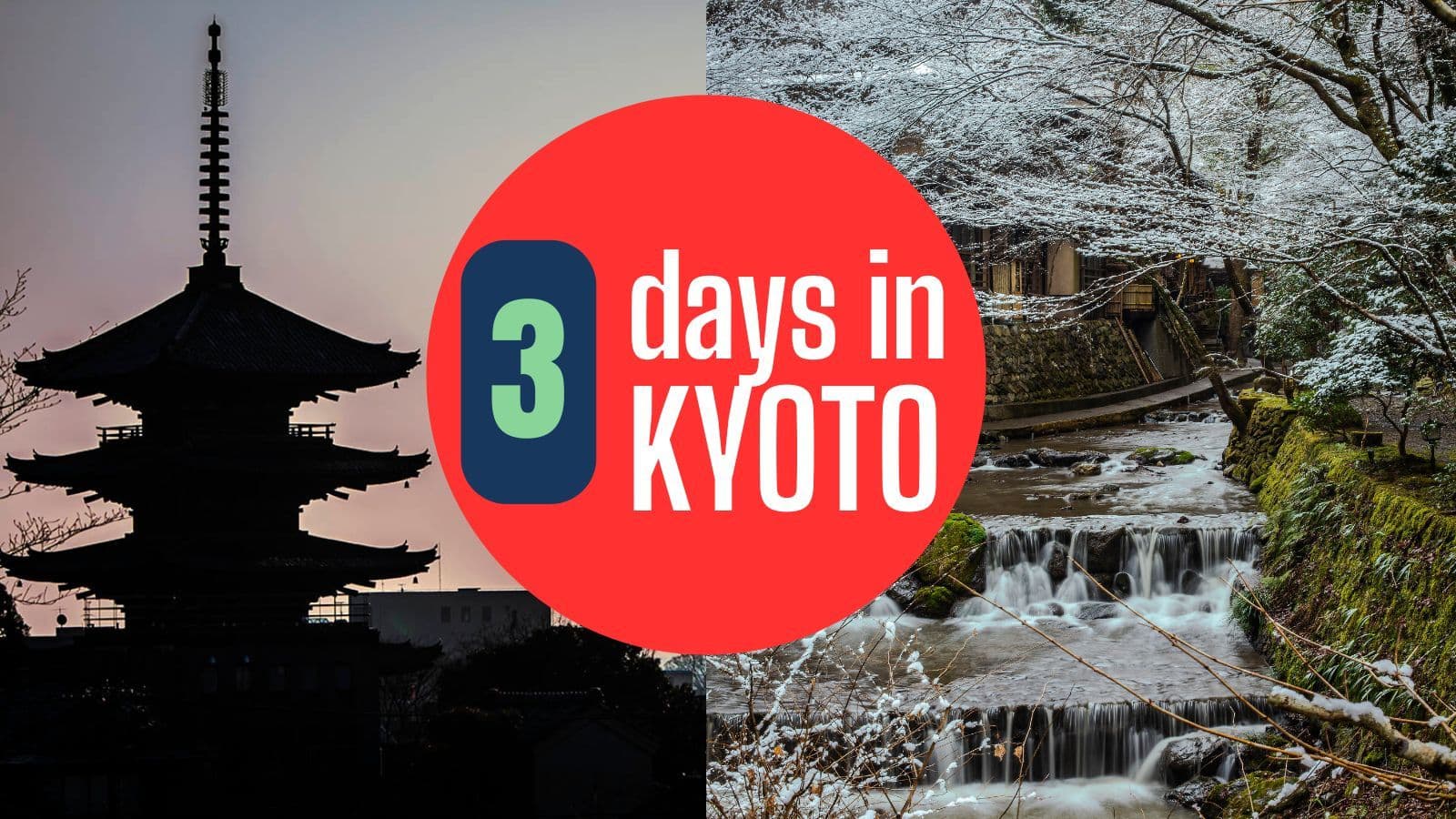
Kyoto 3-Day Itinerary: Best Things to Do for First-Time Visitors

Universal Studios Japan Tickets: Your Guide to Visiting USJ

Find Out What Japan Really Thinks of Foreign Tourists
